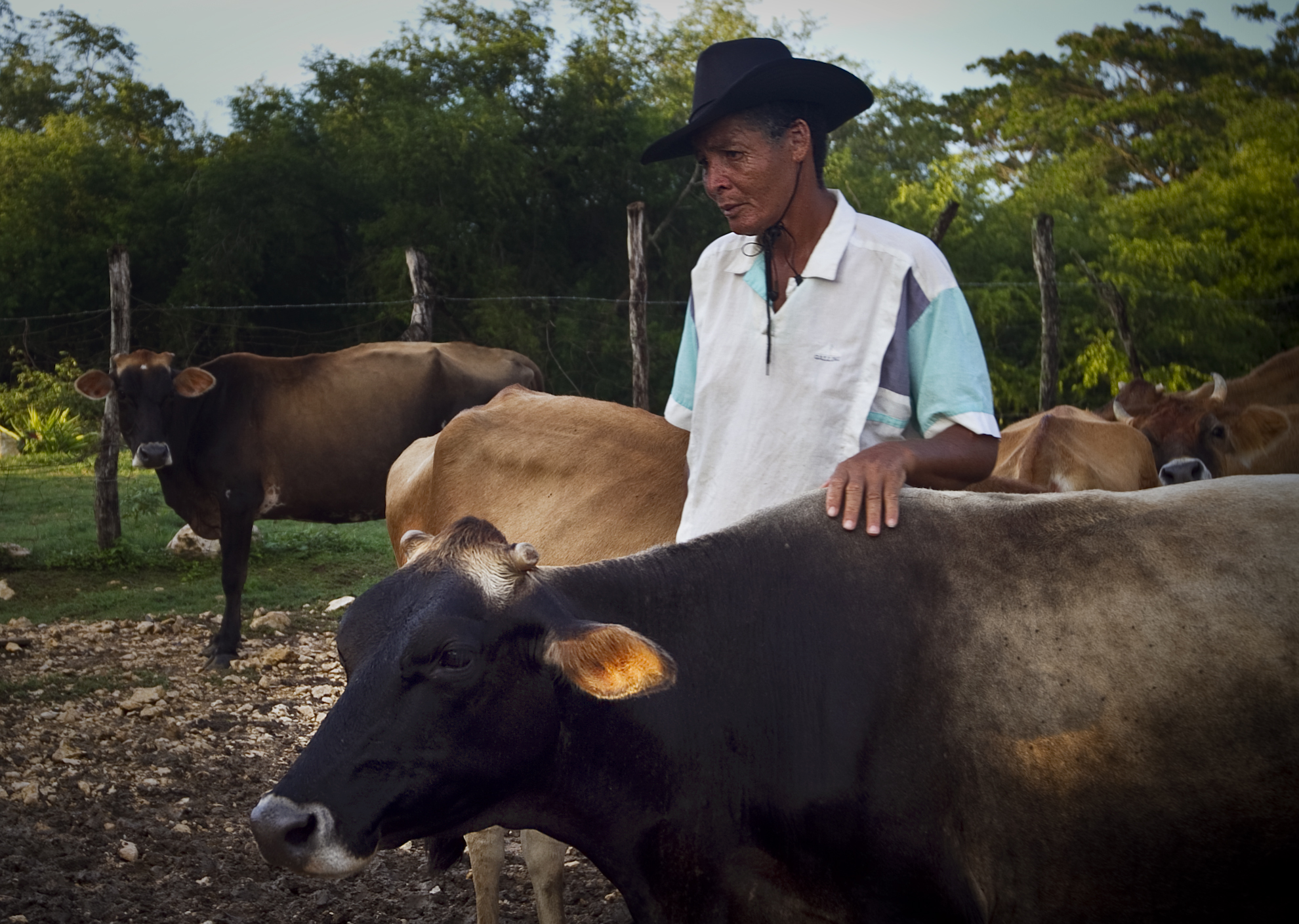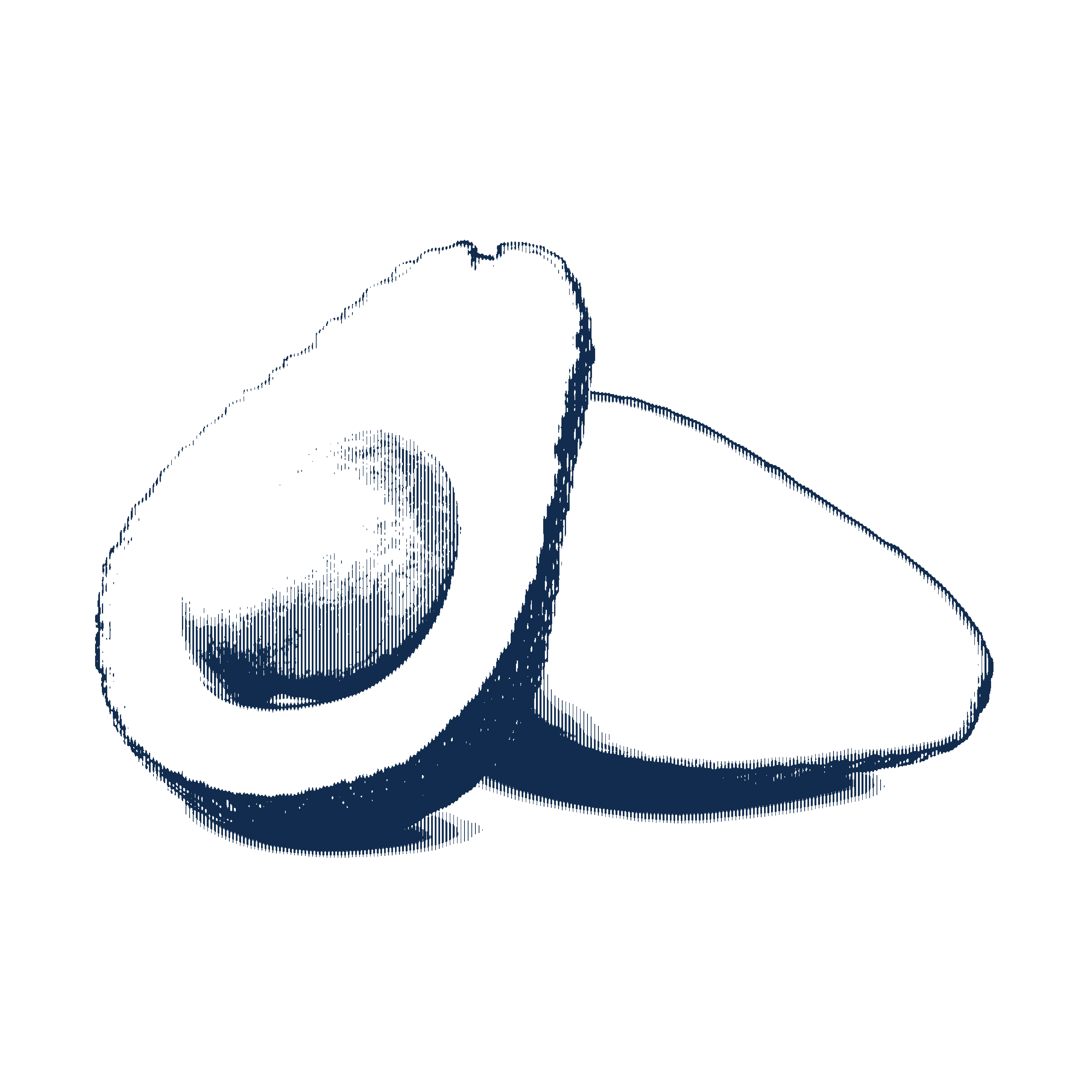
Oral Rayson is a dairy farmer in New Hope, Westmoreland Parish, Jamaica. Each of his cows has a name and they respond to him like domesticated dogs when he calls to them.
"Dairy farming is the best because you get product out of the animal and you don't have to kill it," Rayson said.
But last year he stopped milking his cows. He could no longer sell the milk they produced. He had to dump thousands of gallons down the drain.
Rayson, who has been working with dairy cows for more than two decades, said imported milk powder has put most Jamaican dairy farmers out of business.
He is left with about 45 cows and continues to sell them off, one by one, in order to provide for his family.
"I'm more than sad about it," he said.
Pouring out fresh milk because of the inability to sell it is a long-standing problem in Jamaica. In the late 1980s, Jamaica had a successful milk industry, in part because of policies that increased tariffs on imported milk powder. The tariff revenue was passed on to local dairy producers as a subsidy.
But in 1992, the World Bank required Jamaica to lift the tariff as a condition for granting a loan. Soon enough, Jamaica was flooded with imported, heavily-subsidized powdered milk.
The milk powder wasn't all bad though because it was cheaper and didn't require refrigeration, which benefited poor families. On the other hand, the destruction of the local dairy industry weakened the long-term food security of Jamaica.
"A country that feeds itself is a country that is self sufficient," Rayson said.
Christopher Serju, agriculture writer for The Gleaner, Jamaica's leading newspaper, said the dairy industry has suffered more than any other in Jamaica because of trade liberalization.
Rayson said he is going to try to raise beef since there is no way to turn a profit in the dairy business.
"It's too late now," he said. "The business is more than gone."



